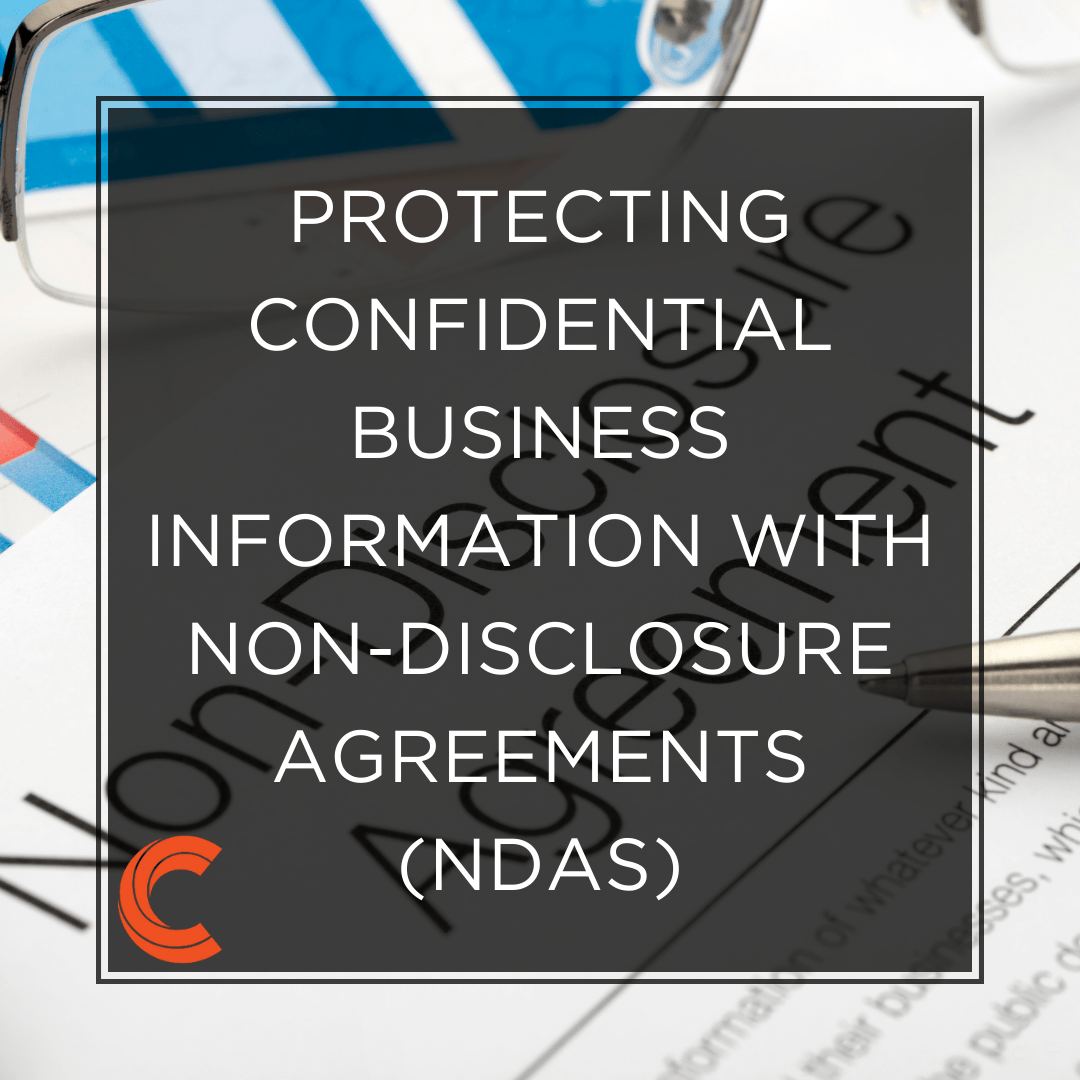draIn today’s competitive business environment, protecting confidential information is crucial. Non-Disclosure Agreements (NDAs) are legal contracts that safeguard sensitive information shared between parties. This blog post explores what NDAs are, why they’re important, and key elements to include in an NDA to protect your business secrets.
What is a Non-Disclosure Agreement (NDA)?
An NDA is a legally binding contract between two or more parties. It outlines what information is confidential and restricts how the receiving party can use or disclose that information. NDAs are used in various situations, including:
- Business Negotiations:
- Protecting confidential information during discussions about potential partnerships, joint ventures, or investments.
- Employee Relations:
- Safeguarding sensitive information like trade secrets, customer lists, or marketing strategies from departing employees.
- Third-Party Relationships:
- Protecting confidential information shared with vendors, contractors, or consultants.
Why are NDAs Important?
NDAs offer several benefits for businesses:
- Protect Valuable Information:
- NDAs help prevent unauthorized disclosure of trade secrets, customer data, or other sensitive information that gives your business a competitive edge.
- Promote Open Communication:
- NDAs can create a safe space for open and honest communication during negotiations or collaborations, knowing confidential information is protected.
- Reduce Risk of Legal Disputes:
- A well-drafted NDA can deter misuse of confidential information and provide legal recourse if a breach occurs.
- Build Trust:
- NDAs demonstrate your commitment to protecting sensitive information, fostering trust with potential partners, employees, and third parties.
Key Elements of a Non-Disclosure Agreement
While the specific content of an NDA can vary depending on the circumstances, here are some of the key elements they usually include:
- Parties Involved:
- Clearly identify all parties involved in the agreement and their roles.
- Confidential Information:
- Define what information is confidential, with specific details if possible. This could include trade secrets, customer data, marketing plans, or any other sensitive information.
- Permitted Use:
- Outline how the receiving party can use the confidential information. This might be limited to specific purposes that have to do with the business relationship.
- Confidentiality Period:
- Specify the duration for which the receiving party is obligated to keep the information confidential. This could be a fixed period or ongoing, depending on the nature of the information.
- Non-Disclosure Obligations:
- Outline the specific restrictions on how the receiving party can disclose the confidential information. This might include limitations on sharing with unauthorized individuals or companies.
- Exceptions:
- Identify any exceptions to the non-disclosure obligations, such as situations where disclosure is required by law.
- Remedies for Breach:
- Specify the legal consequences if the receiving party breaches the agreement and discloses confidential information without authorization. This could include seeking injunctive relief or pursuing damages.
Seeking Legal Assistance for NDAs
NDAs are legal documents, and their effectiveness depends on drafting them correctly. Partnering with a business law firm like Carbon Law Group offers valuable benefits:
- Drafting a Tailored NDA:
- Attorneys can draft an NDA that specifically addresses your business needs and the type of confidential information you want to protect.
- Ensuring Clarity and Enforceability:
- An attorney can ensure the NDA is clear, concise, and legally enforceable in your jurisdiction.
- Addressing Specific Concerns:
- If your situation involves unique considerations, an attorney can tailor the NDA to address those concerns and protect your interests.
Conclusion
NDAs are a powerful tool to protect your company’s confidential information. By understanding their purpose, key elements, and seeking legal guidance when drafting an NDA, you can ensure your business secrets are safe and maintain your competitive advantage. Don’t hesitate to contact Carbon Law Group for assistance in creating a strong NDA that protects your valuable business information.





